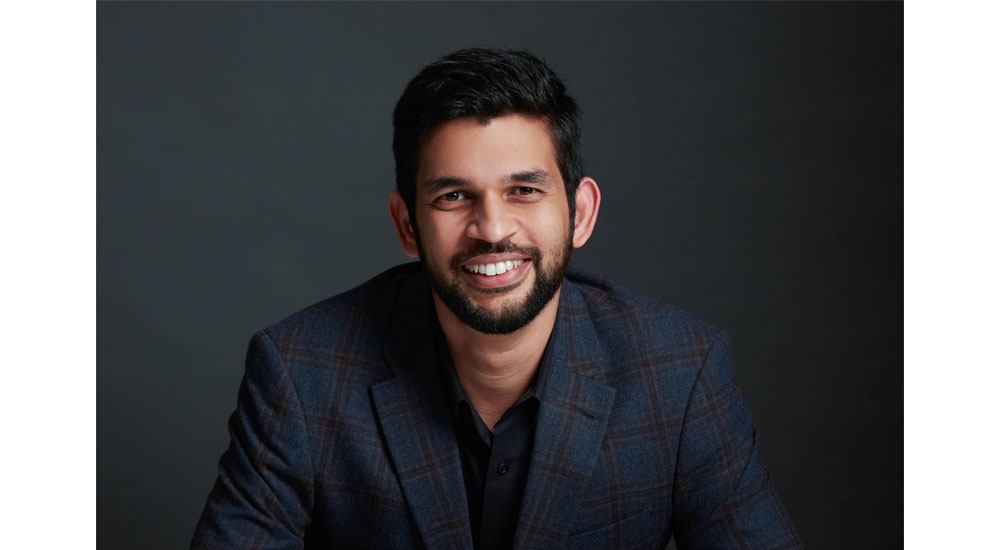On the lighter side of things, we caught up with Fractal Analytics’ Sankar Narayanan, to find out what makes him tick…
What would you describe as your most memorable achievement?
I was sent to London in 2010 on a ‘sole representative visa’ by our CEO as the first employee of Fractal Analytics, to support the UK and European needs of a client that we had been working with in other regions. Little did I know that within the next eight to nine years, I would have the opportunity to lead Fractal Analytics’ global insurance, healthcare, technology practice and be a key part of the incredible growth of our UK and European organisation to over 100 people across three locations. I believe we are just getting started.
What first made you think of a career in technology?
My career in technology has been one of serendipitous discovery. I didn’t think I would get into software product development when I joined Sallie Mae. I didn’t think I would land an internship at IBM. When I was in business school, I didn’t think I would be part of Fractal Analytics’ meteoric growth story. And yet here I am. Loving every day of it.
What style of management philosophy do you employ with your current position?
I received a good piece of advice in the early part of my career – to hire people that are more capable than I am and develop them. That is what I have focused on doing at Fractal Analytics. I simply build swim lanes for them to be the best versions of themselves and engage with each other in a boundary-less manner. People that have an entrepreneurial orientation tend to excel in this system, which allows me to work more closely with those that need more coaching and mentoring.
What do you think will emerge as the technology trend of 2019 and why?
As enterprises start to apply AI at scale to power decisions, data engineering, specifically ML engineering will become the hottest skill in the market and data engineering will become the most precious commodity.
What do you currently identify as the major areas of investment in your industry?
I see three key areas of investment:
1. Infrastructure-as-a-Service and progression into a serverless world
2. Talent, specifically with AI (ML and deep learning) and platform/ML engineering skills
3. Intelligent process automation, a significant upgrade over traditional RPA, allowing organisations
to reimagine various parts of their business
How do you deal with stress and unwind outside of the office?
It’s too much fun for me to want to feel the stress. We are in the middle of a global intelligence revolution and I feel we have the opportunity to reimagine our roles as analytics leaders and shape enterprise outcomes in an effective manner.
If you could go back and change one career decision, what would it be?
Absolutely nothing. I couldn’t have charted this journey out any differently.
What are the region-specific challenges when implementing new technologies in Europe?
1. Skills that are in demand are in extreme short supply especially around data engineering and AI
algorithm development
2. Europe is fairly behind the US and China from a digital adoption standpoint and risks falling
further behind on the AI journey unless countries seed the AI ecosystem through the right stimuli
including investments
3. Continuing politico-economic uncertainty in the Eurozone is another impediment to the AI explosion
What changes to your job role have you seen in the last year and how do you see these developing in the next 12 months?
1. Clients are now asking us to help them shape the AI transformation roadmap and operating models to
scale AI across their enterprises
2. A lot less emphasis on ‘proving the value of AI’ and a lot more on realising sustainable
organisational outcomes by bringing together AI, engineering and behavioural sciences
What advice would you offer somebody aspiring to obtain C-level position in your industry?
1. Invest the time to continue learning at speed, especially on AI scaling models
2. Tackle, not the highest visibility problem, but one that touches the greatest number of people in
the organisation and generates positive outcomes through AI, engineering and design
3. Evangelise the positive changes that can be generated through AI across the organisation and enhance
the organisation’s overall AI capability


